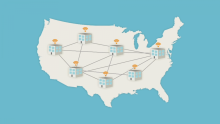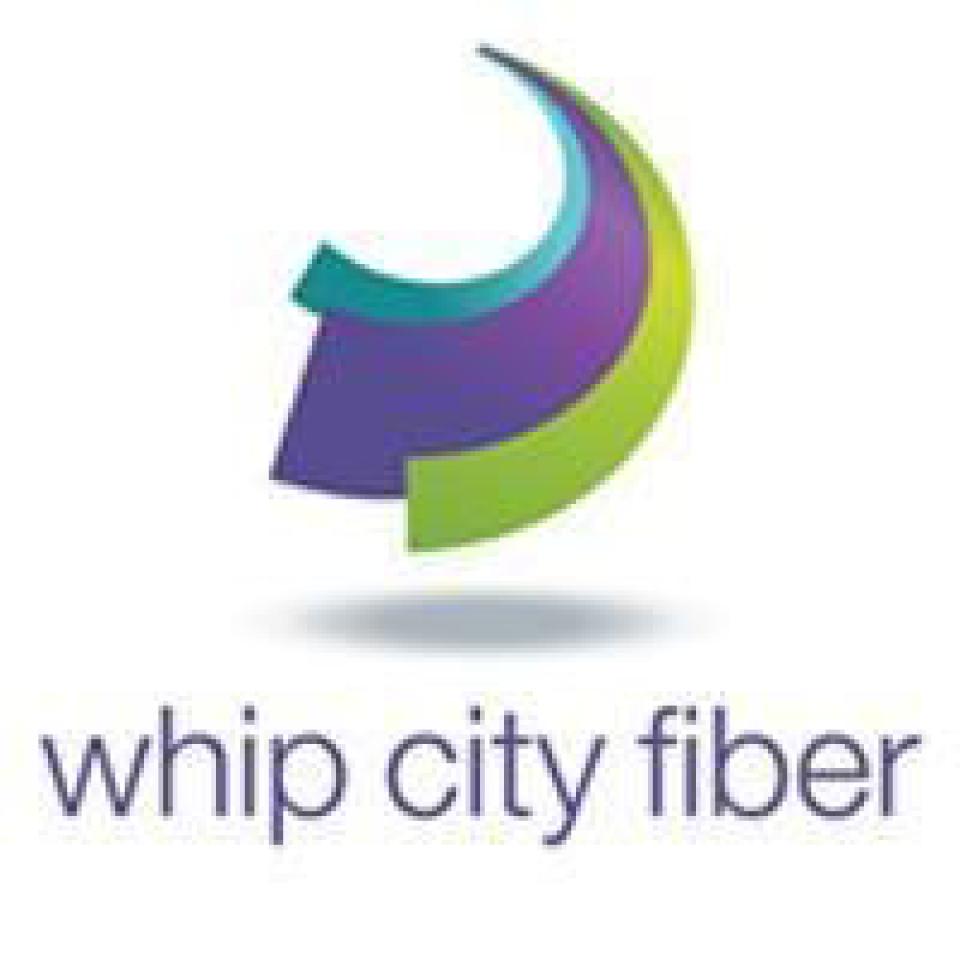Iowa Update — Pella Finances, Vinton Goes Live, Fort Dodge Studies, and More
Iowa is home to many community networks, from co-ops to muni cable, fiber, and other technologies. Three communities in the state have just recently made important announcements about their plans, and several others are moving forward with networks. There is so much happening in Iowa right now that shows potential for other states that don't limit competition.
There is a long history of local broadband excellence in Iowa for new networks to draw on. Cedar Falls Utilities was just recognized as the fastest ISP in the nation by PCMag. It has well over 20 years of success, but recent years have seen it sharing its expertise and facilities to lower the cost for other communities to build networks without reinventing the wheel. Local private Internet service provider ImOn is also a partner for these networks, offering voice services.
Many of these networks being built will be able to share services and lower their costs by being on the same ring to get some scale benefits despite being smaller communities. I remember many years ago when Eric Lampland of Lookout Point started pushing for this ring, and I am dumbfounded why we don't see more of this cooperation among munis and small providers in other states. Thanks to Eric and Curtis Dean of SmartSource Consulting who helped me with background for this Iowa update.
We have a brief mention of West Des Moines's recently announced partnership with Google Fiber in here, but we're finishing a longer post that solely examines their approach. Between this, that, and our Coon Rapids podcast this week, it is officially Iowa week on MuniNetworks.org!
Vinton
Vinton's new municipal fiber network has just started connecting subscribers, leading to a memorable testimonial in the local paper, Vinton Today:





